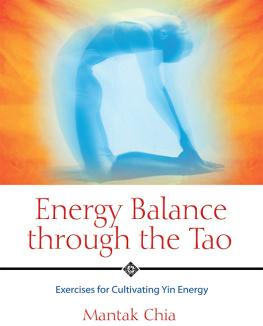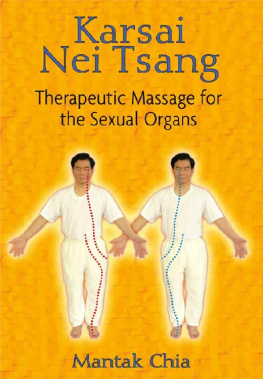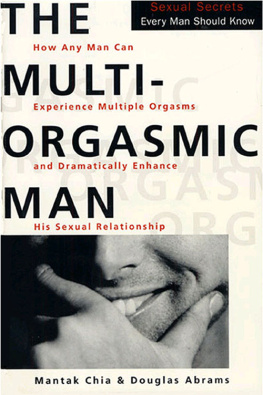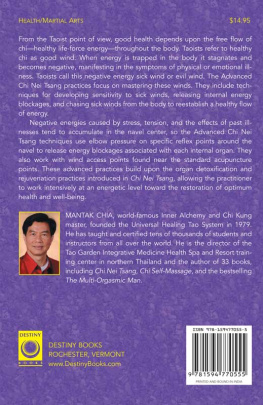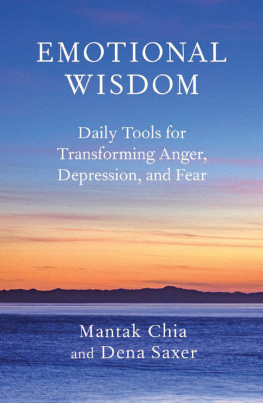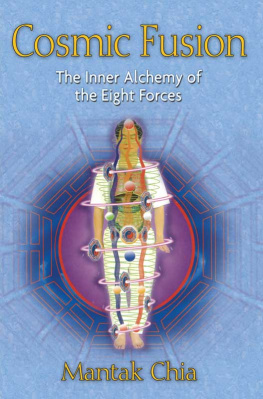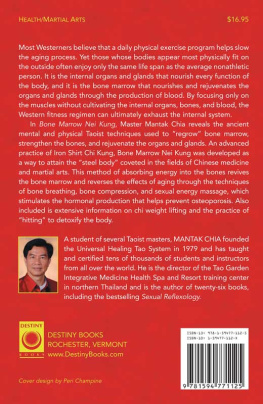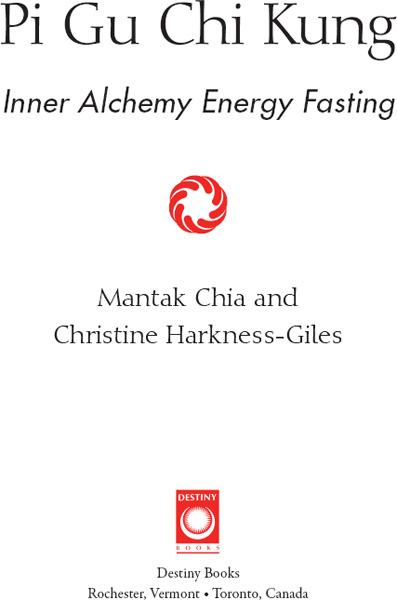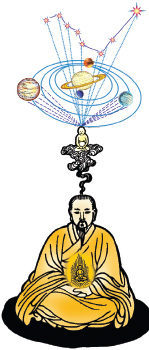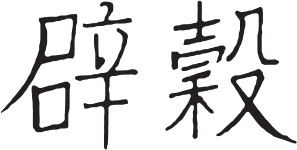Mantak Chia - Pi Gu Chi Kung: Inner Alchemy Energy Fasting
Here you can read online Mantak Chia - Pi Gu Chi Kung: Inner Alchemy Energy Fasting full text of the book (entire story) in english for free. Download pdf and epub, get meaning, cover and reviews about this ebook. year: 2016, publisher: Destiny Books, genre: Religion. Description of the work, (preface) as well as reviews are available. Best literature library LitArk.com created for fans of good reading and offers a wide selection of genres:
Romance novel
Science fiction
Adventure
Detective
Science
History
Home and family
Prose
Art
Politics
Computer
Non-fiction
Religion
Business
Children
Humor
Choose a favorite category and find really read worthwhile books. Enjoy immersion in the world of imagination, feel the emotions of the characters or learn something new for yourself, make an fascinating discovery.

- Book:Pi Gu Chi Kung: Inner Alchemy Energy Fasting
- Author:
- Publisher:Destiny Books
- Genre:
- Year:2016
- Rating:4 / 5
- Favourites:Add to favourites
- Your mark:
Pi Gu Chi Kung: Inner Alchemy Energy Fasting: summary, description and annotation
We offer to read an annotation, description, summary or preface (depends on what the author of the book "Pi Gu Chi Kung: Inner Alchemy Energy Fasting" wrote himself). If you haven't found the necessary information about the book — write in the comments, we will try to find it.
Explains how you do not stop eating with this fasting practice and details the simple pi gu diet
Illustrates the chewing and chi kung practices to accompany pi gu, for natural chi energy production
Reveals how Pi Gu Chi Kung activates the bodys natural healing abilities, accelerates the elimination of toxins, reduces appetite and cravings, and enables you to draw energies from the Earth and Universe
Pi gu is an ancient Taoist method of fasting for spiritual and healing purposes. Unlike traditional fasting, you do not need to stop eating when practicing pi gu. Used by ancient Taoist masters during their months or years of solitary retreat in pursuit of enlightenment, the practice centers on a simple diet of fruits, teas, nuts, and eggs paired with special chewing techniques and chi kung exercises.
During the pi gu state, the need for food decreases yet the bodys energy levels actually increase. The body gathers chi not from food but from chi kung and the golden elixir produced by the pi gu chewing practices. The chi produced through pi gu charges your internal organs, activating the bodys natural healing abilities and enabling you to draw energies from the Earth and Universe. In the pi gu state the body automatically balances itself, the mind is more relaxed, and sleep improves. The pause in normal eating makes the bodys cells more sensitive, accelerating the elimination of toxins. The stomach reduces in size, flattening the belly, eliminating cravings, decreasing appetite, and naturally producing weight loss. The bodys meridians stay open, making it easier to attune to meditation, chi kung, and energies from the cosmos.
Providing a step-by-step guide to Pi Gu Chi Kung, Master Mantak Chia and coauthor Christine Harkness-Giles explain the pi gu diet, provide immortality tea recipes, detail the pi gu chewing exercises, and illustrate the corresponding chi kung energy exercises. They also explain the use of pi gu during darkness retreats to enhance spiritual awareness and increase mental powers and wisdom.
Mantak Chia: author's other books
Who wrote Pi Gu Chi Kung: Inner Alchemy Energy Fasting? Find out the surname, the name of the author of the book and a list of all author's works by series.

